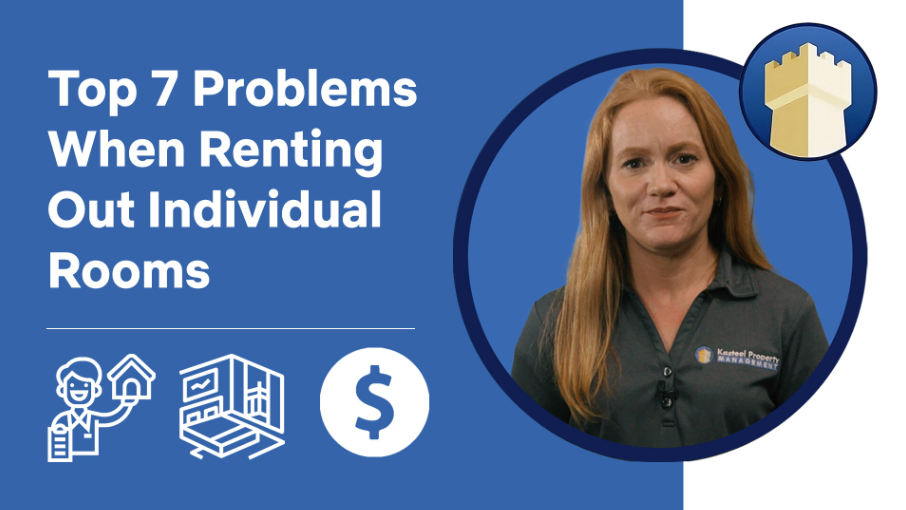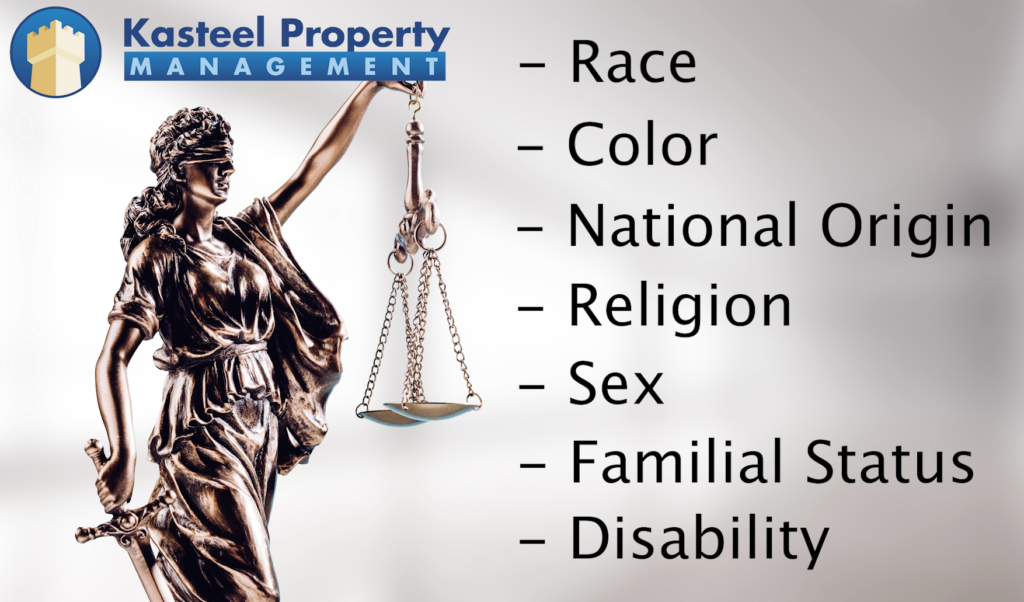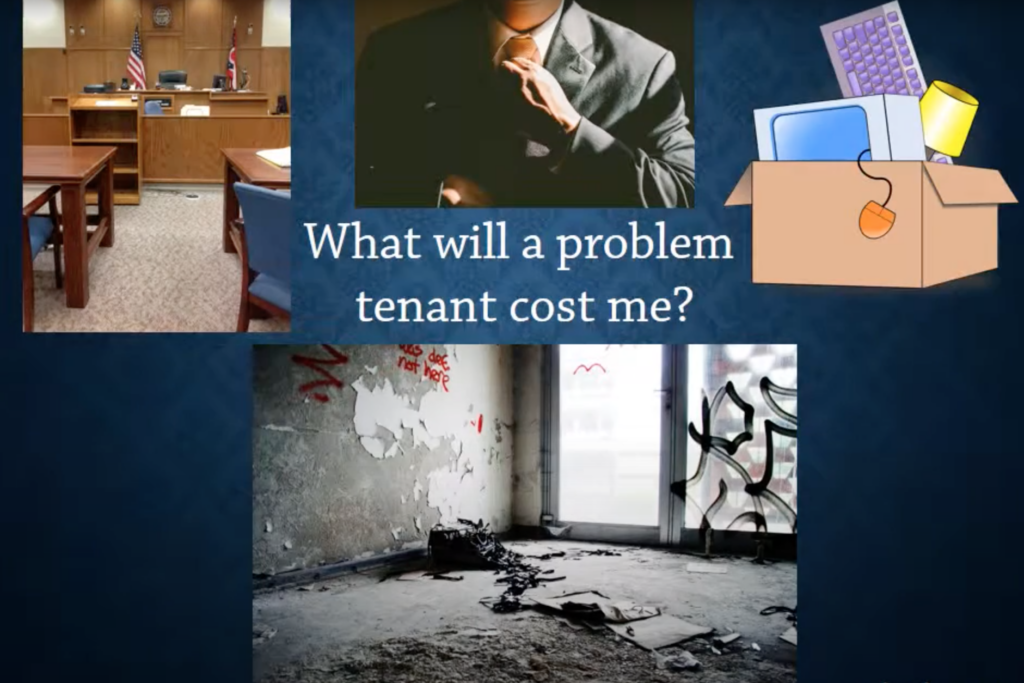Top 7 Problems When Renting Out Individual Rooms

Often landlords are looking for ways to maximize the rental income from their investment properties. One common practice, especially in college towns, is to rent out individual rooms to single adults. The hope, is that the accumulation of individual rents would add up to more income than what you would get when renting out […]
Is Your Plan the Best Plan to Accomplish Your Real Estate Goals?

Real Estate is a fantastic way to diversify your investments and create financial security for a stable retirement. Establishing a plan is important for accomplishing those goals. In doing this, you need to be careful that your plan does not become more important than your goal. I’ll give you several examples of what I […]
Is it a Good Time to Buy an Investment Property?

With home prices and interest rates going up people are often asking if they should wait to buy investment properties until it’s a better time to buy. My good friend Peter Skaggs with Innovative Mortgage took on this question and put together a presentation that clearly and expertly answers it better than I’ve ever seen […]
5 Ways You Might be Violating Fair Housing Laws and Not Know It

5 Ways you migth be violating fair housing laws and not know it You are a good person and treat everyone fairly, so you shouldn’t have to worry about federal fair housing laws right? Maybe, but you’d be surprised how a decision or policy could unintentionally affect a protected group in a negative way. Federal […]
Tired of Calls from Tenants?

Evictions are the Pits

Money Doesn’t Grow on Trees

Go on Vacation

What Will a Problem Tenant Cost Me?

Main Water Valve






